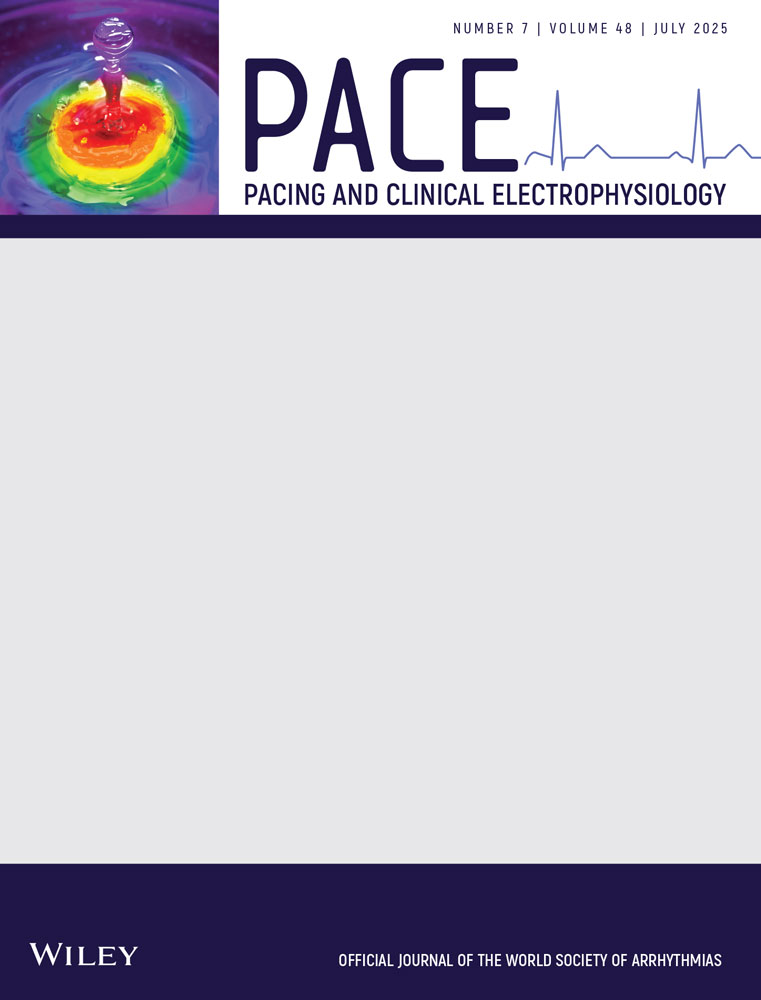Anxiety and Depression in Patients with Life-Threatening Ventricular Arrhythmias: Impact of the Implantable Cardioverter-Defibrillator
Abstract
In order to assess the psychological responses to the automatic implantable cardioverter-defibrillator (AICD), 18 patients with a history of life-threatening ventricular arrhythmias were requested to complete the Spielberger State-Trait Anxiety Inventory and the Beck Depression Inventory. The patients were divided into three groups of six and matched for age, sex, underlying cardiac disease, ejection fraction, and NYHA Functional Classification. Group I had experienced conscious discharges from the AICD, group II had the AICD but without discharges, and group III without the AICD were treated with antiarrhythmic medications alone based on electrophysiological guided testing. Patients with the AICD were also requested to complete a questionnaire directed specifically at their experiences with the AICD. All of the 18 patients completed the study responses and results were analyzed by blinded review. There were no significant differences in anxiety and depression scores in the three groups studied, nor any significant differences in responses to the questionnaire in group I versus group II. One patient in group I reported experiencing adverse psychological responses to the AICD. Although there appears to be no significant differences in psychological responses as a result of the AICD implantation in patients with life-threatening ventricular arrhythmias, further study with larger patient groups is needed to identify and support patients who may develop adverse responses to the AICD.




